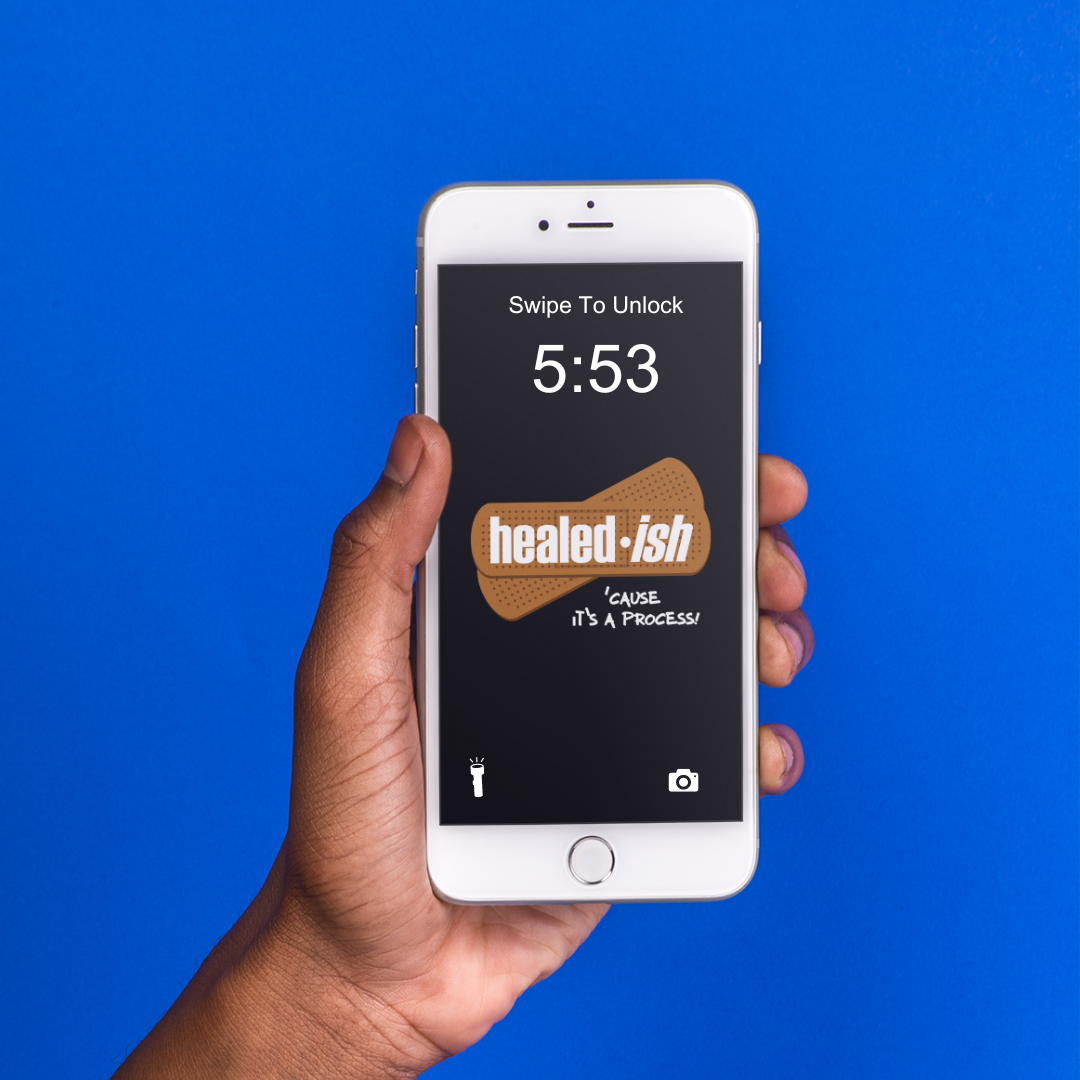
There's An App for That! Types of Mental Health Apps
Share
There’s An App for That! Types of Mental Health Apps
Mental Health
Mental health is something that should be taken seriously. According to the National Alliance on Mental Illness, 1 in 5 adults in the United States experiences a mental illness in a given year. That's a lot of people! If you are one of those people or know someone who is, it's important to seek help. Luckily, there are many mental health apps to explore as possible tools to help you manage your mental health.
Are Mental Health Apps Effective?
A mental health app can offer a range of benefits for individuals seeking to improve their psychological well-being. An effective free app can provide valuable resources and tools to help users manage their mental health without breaking the bank.
Community support within these apps allows users to connect with others who share similar experiences, fostering a sense of belonging and understanding. Some apps, like those utilizing acceptance commitment therapy and talk therapy, provide evidence-based techniques to help users cope with various mental health challenges.
The Calm app, for instance, incorporates principles of positive psychology to promote relaxation, mindfulness, and overall emotional resilience.
By making mental health resources more accessible and affordable, these apps contribute to a holistic approach to mental wellness.
Types of Mental Health Apps?
You can search for the generic term "mental health app" app, but there are numerous types of mental health apps available, each designed to address specific aspects of mental well-being and assist users with a variety of mental health conditions. You'll have to test a few to find the best mental health apps for you, but here are fifteen different types of mental health apps to explore:
-
Meditation and Mindfulness Apps:
These apps provide guided meditation and mindfulness exercises to help users reduce stress, improve focus, and promote relaxation.
-
Mood Tracking Apps:
A mood tracker app allows users to track their daily emotions and identify patterns or triggers. This information can be useful for self-reflection or for sharing with mental health professionals.
-
Free Cognitive Behavioral Therapy Mobile Apps
CBT apps are designed to help users learn and apply CBT techniques to manage anxiety, depression, and other mental health concerns.
-
Anxiety and Stress Relief Apps:
These apps provide tools and exercises to help users cope with stress and anxiety, such as deep breathing exercises, progressive muscle relaxation, and grounding techniques.
-
Mental Health Support and Community Apps:
These apps offer platforms for users to connect with mental health professionals, access therapy services, or join supportive communities for peer-to-peer interaction and encouragement.
-
Sleep Improvement Apps focus on helping users improve their sleep quality by providing sleep tracking, relaxing soundscapes, and guided exercises to promote better sleep habits, which can have a significant impact on mental well-being.
-
Habit Building and Goal Setting Apps help users establish and maintain healthy habits, set personal goals, and track their progress, contributing to overall mental health and personal development.
-
Gratitude and Positivity Apps:
These apps encourage users to practice gratitude and foster positive thinking by offering activities, journaling prompts, and daily challenges to cultivate a more optimistic mindset.
-
PTSD and Trauma Recovery Apps:
These apps are designed to support individuals coping with post-traumatic stress disorder (PTSD) or recovering from trauma, offering resources, coping strategies, and tracking tools to help manage symptoms.
-
Substance Abuse Recovery and Support Apps:
These apps provide tools and resources for individuals recovering from substance abuse or addiction, including peer support networks, sobriety tracking, and motivational features to help maintain a substance-free lifestyle.
-
Bipolar Disorder Management Apps provide resources and tools for individuals living with bipolar disorder, helping them track mood swings, medication adherence, and overall mental health.
-
Eating Disorder Recovery Apps:
These apps are designed to support individuals recovering from eating disorders by offering meal planning, mood tracking, coping strategies, and connecting users with supportive communities.
-
ADHD Management Apps are designed to help individuals with attention deficit hyperactivity disorder (ADHD) manage daily tasks, improve focus, and organize their time more effectively.
-
Grief and Loss Support Apps: Apps:
These apps offer resources and support for individuals experiencing grief and loss, providing coping strategies, peer support, and access to professional counseling services.
-
Relationship and Communication Improvement Apps are designed to help users improve their relationships and communication skills, providing exercises, resources, and personalized coaching to foster healthier connections with partners, friends, and family members.
Note that while mental health apps can be helpful tools, they should not replace professional care. Always consult a mental health professional for personalized guidance and treatment and read product manufacturers addressed safety guidelines.
National Suicide Prevention Lifeline
In addition to apps, if you or someone you know is struggling with depression, there are resources available to help. The National Suicide Prevention Lifeline provides 24/7 free, and confidential support for people in distress. You can call them by dialing 988 or 800-273-TALK (8225).


